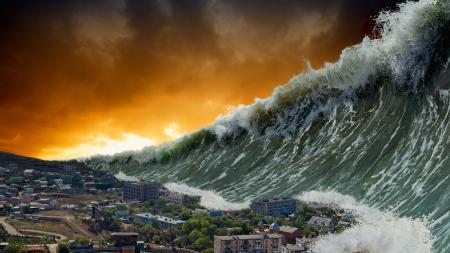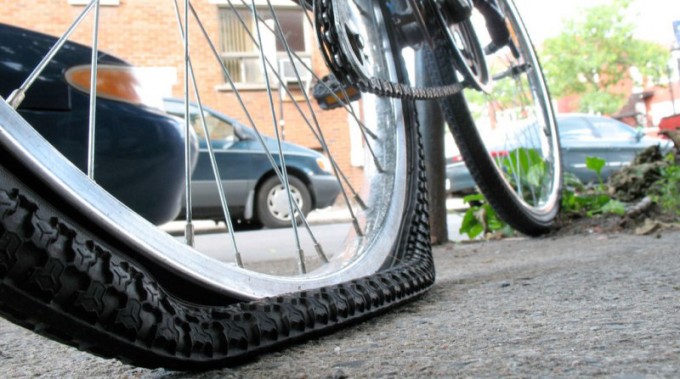Guest Post by John Mauldin
“How did you go bankrupt?”
“Two ways. Gradually, then suddenly.”
Ernest Hemingway, The Sun Also Rises
As you may have noticed, I’ve been in a pensive mood lately. I’m re-thinking a lot of things as I process economic developments, personal issues, and the clock ticking as I reach birthday number 69 in a few weeks. Many good things are happening but with them comes change.
Change will be today’s topic. Below I’m reproducing part of a letter I originally wrote in December 2007 and have referred to several times. It is the single most-read letter I have written and the most commented-on, too. I consider it, in some ways, my most important letter. If you’ve read it before, you should read it again. I have updated it a little bit, but the principles are just as timeless as ever. And for the time conscious, we have shortened it a bit and at the end, I try to apply those principles to present economic times.
Change happens quickly and often, unpredictably. And as we will see, the unpredictable part is actually a mathematical principle. As in the Hemingway quote above, not just bankruptcy but change also happens slowly and then seemingly all at once. It’s time passing without change that causes the worst problems, including some historic economic catastrophes. It turns out we shouldn’t just accept change; we actually require it.
Continue reading “The Growing Economic Sandpile”











